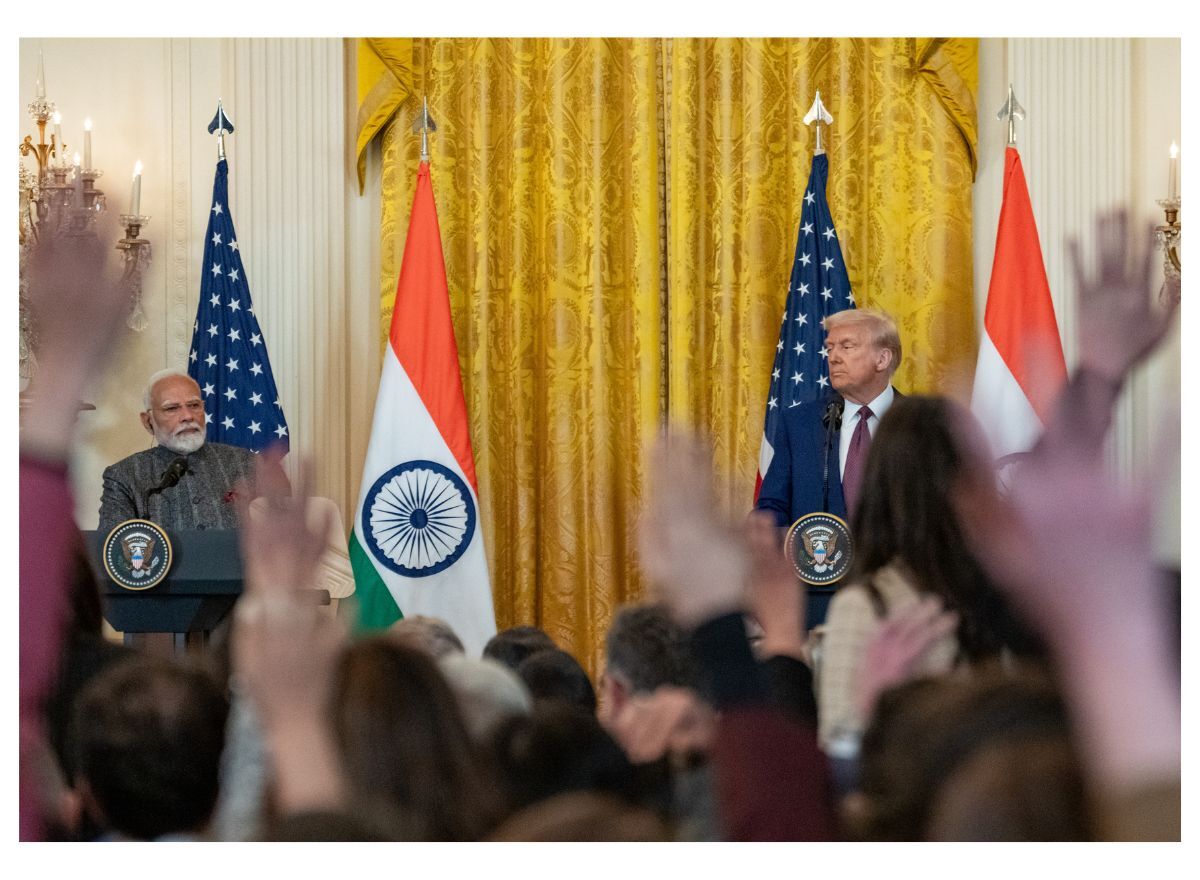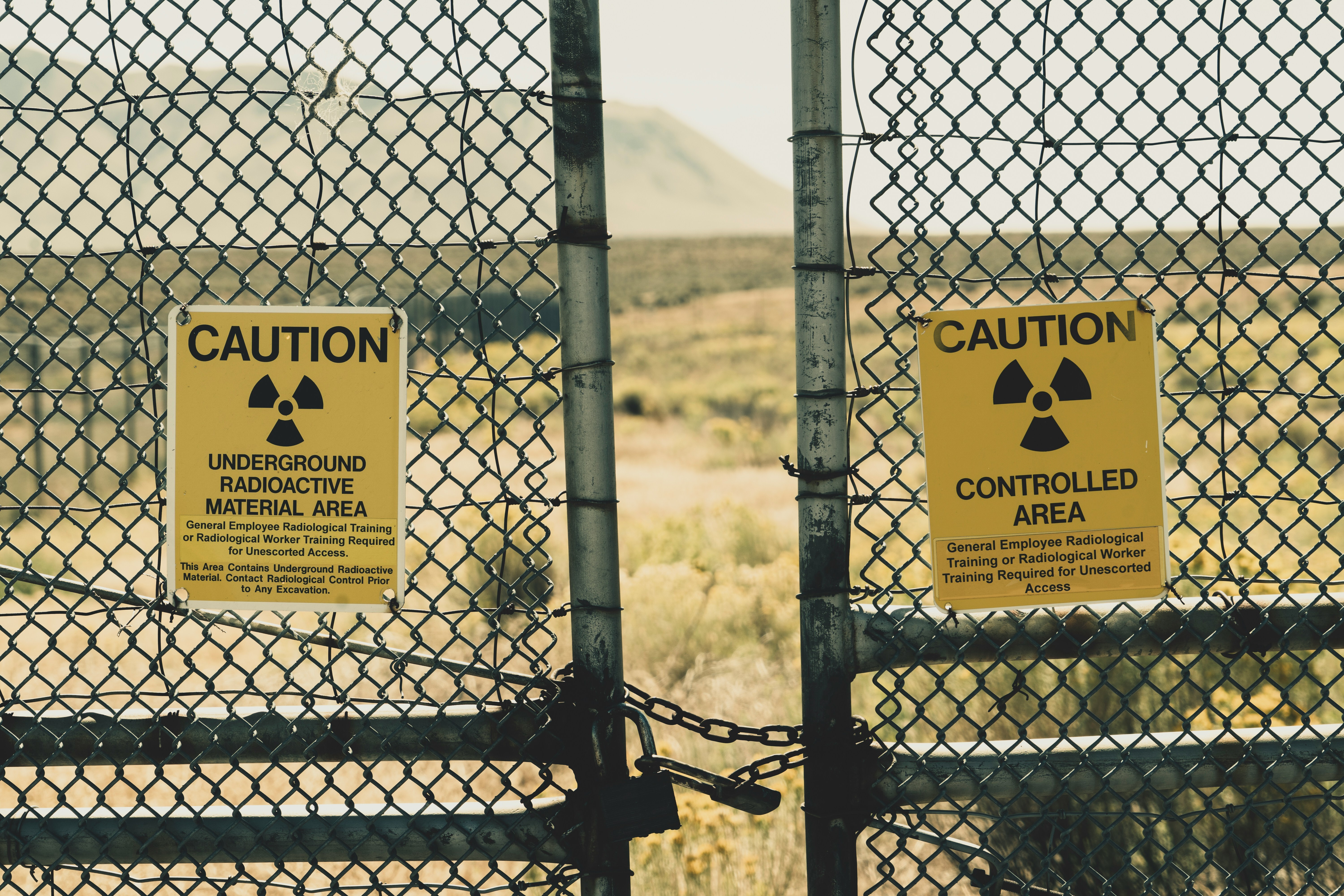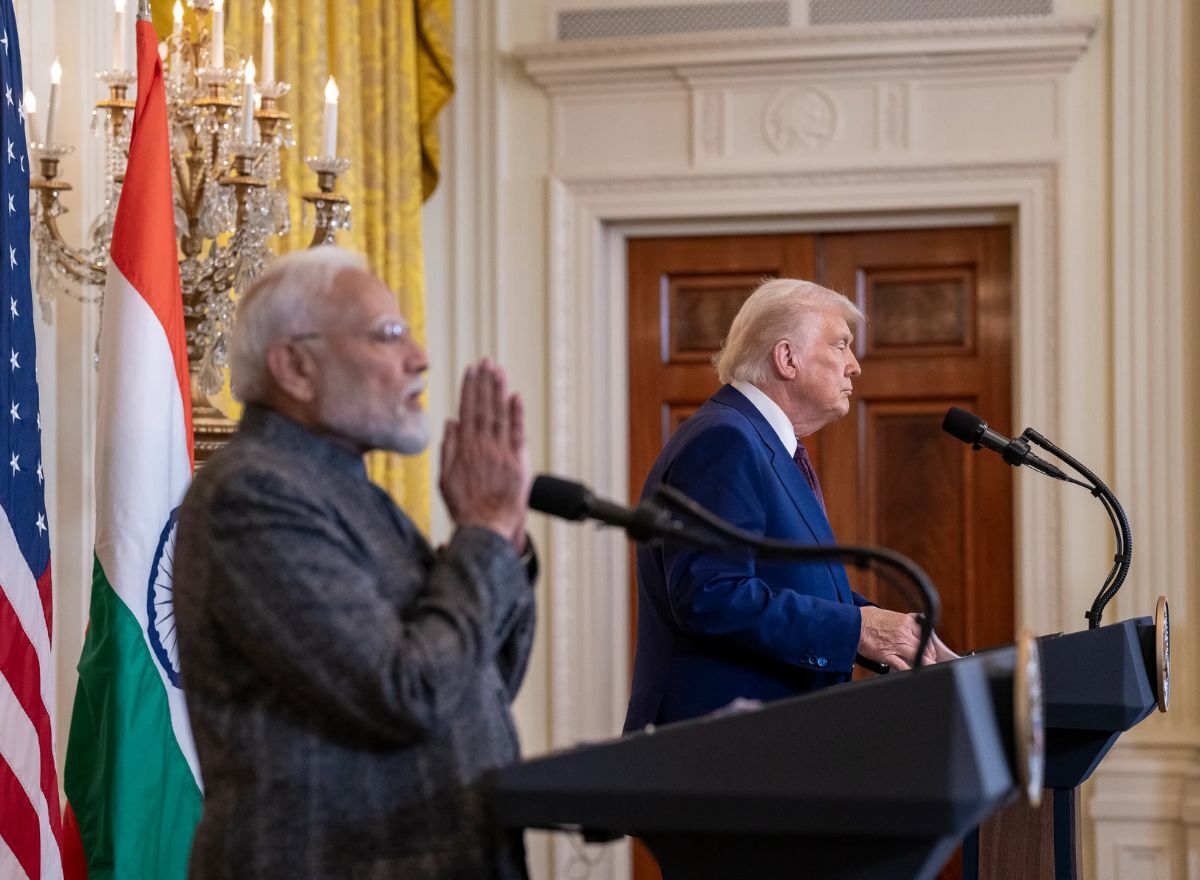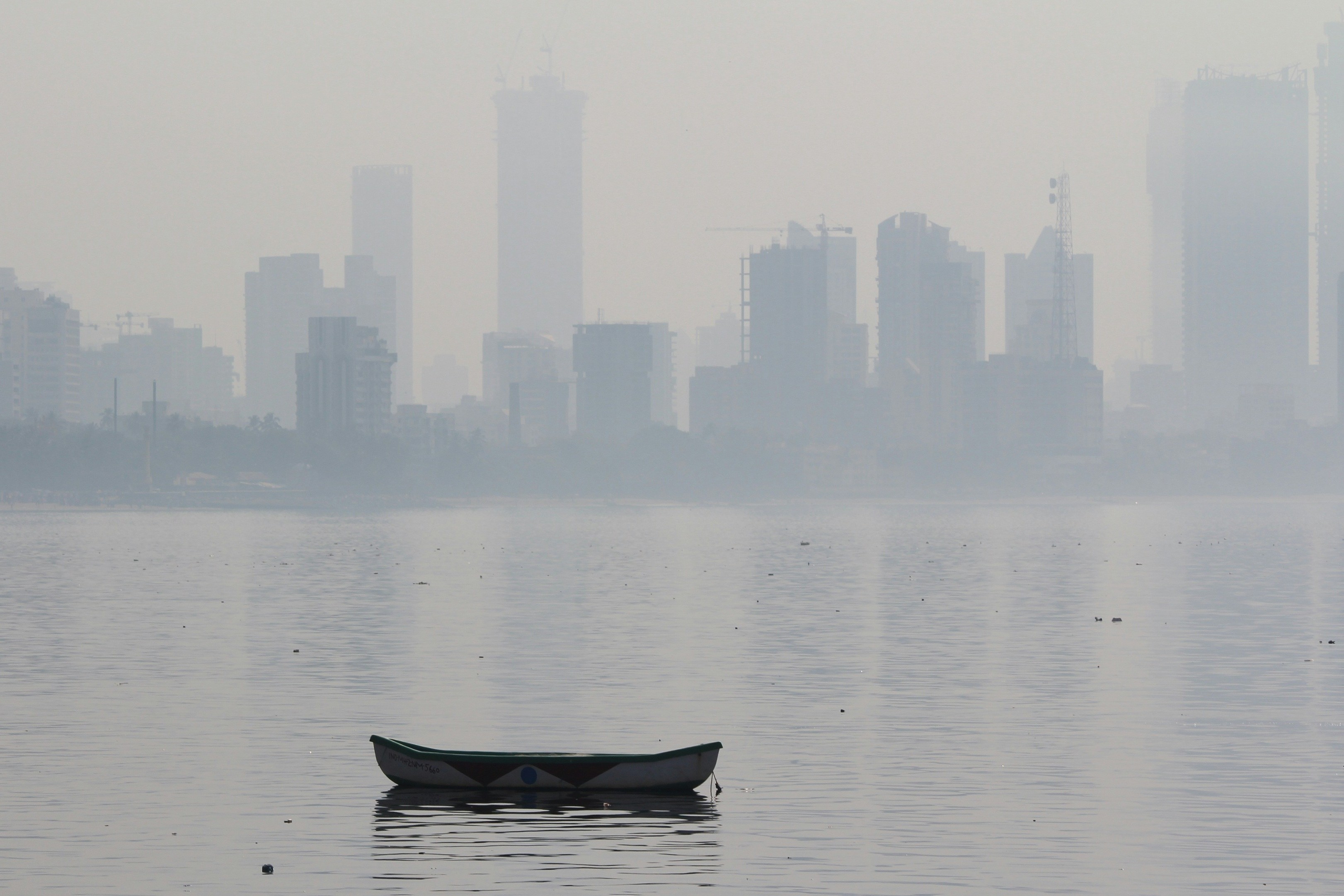Why control of temples makes for good politics
State control of temples is an issue that’s emotionally charged and fraught with contradictions, allowing political opportunism to have a field day.

Why read this story?
Editor's note: The separation of church and state is an idea that is at the core of a liberal democracy. One where church refers to religion in general and state to the government. It calls upon the two institutions to limit themselves to their core competencies. The spiritual aspects of life are left to the church; matters of governance are the state’s domain. Things are a lot different in India, though. Nearly 15 state governments have oversight over temples in their territory. To varying extents, they control aspects like the appointment of priests as well as the monitoring of income and expenses. In many cases, the state governments get a share of temple revenues as well. In recent years, there’s been a growing demand from conservative Hindus for a change to this system. Now, the Bharatiya Janata Party has joined that cause. Last month, the BJP-led government in Karnataka resolved to “free” temples in the state. In November last year, the Uttarakhand government, also led by the party, repealed the Char Dham Devasthanam Board Management Act, under which it had administrative powers …
More in Chaos
You may also like
From Kathmandu's ashes: A blueprint for India's regional renaissance
Nepal's democratic uprising offers India a choice to either continue with its failed transactional diplomacy or embrace the patient institution-building that South Asia desperately needs.
Why Ford is returning to manufacturing in India
The auto giant has only committed to manufacturing cars at its Chennai plant without any clear plans to actually sell those vehicles in the country.
Rahul Gandhi’s US tour underscores a key change in Indian politics
The Indian diaspora in the West has become an important force in shaping India's politics.








